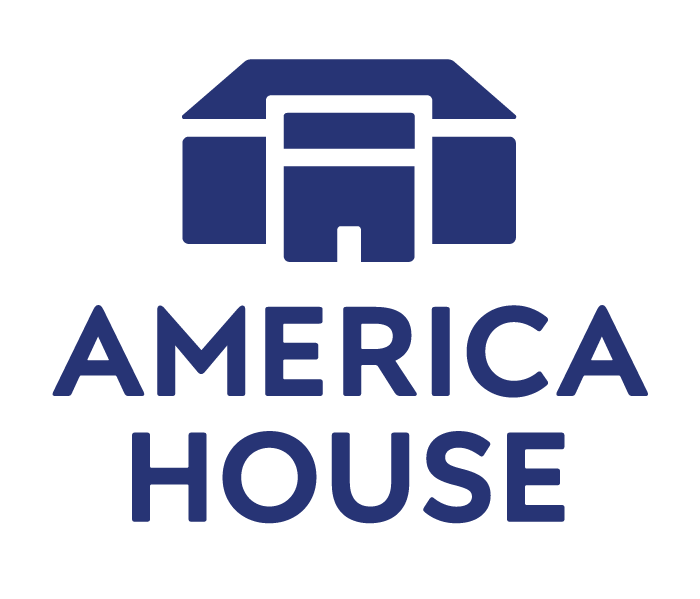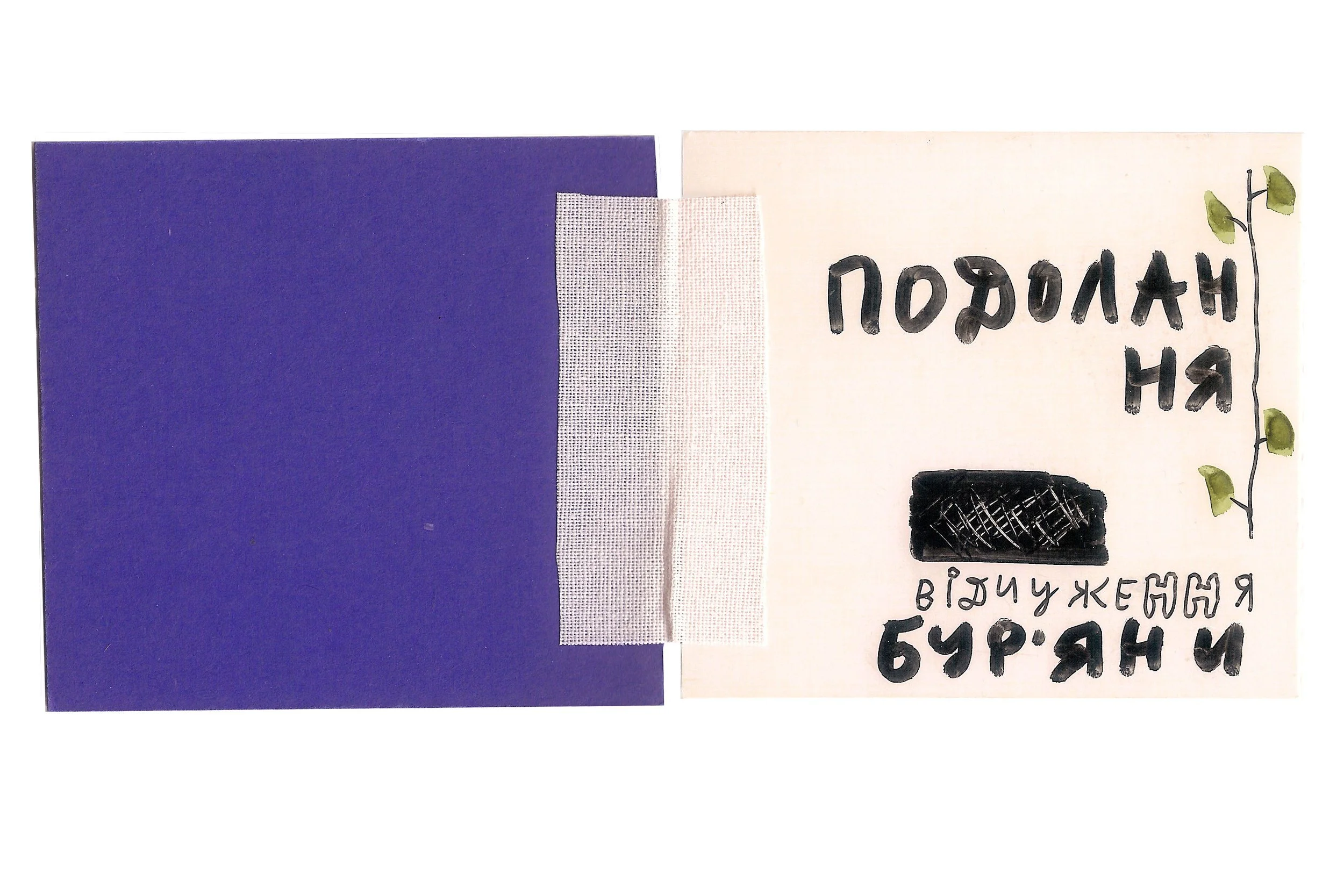Let the garden be…
June 12 - July 7, 2019
Artists: Alevtina Kakhidze
Curator: Kateryna Iakovlenko
In her practice, Ukrainian artist Alevtina Kakhidze refers to the garden as to the small-scale form of politics. According to her vision, every gardener is a politician, and despite natural conditions, each of them chooses how to plant, where to plant, fills in and cares for his/her own garden the way he/she finds it right. This very metaphor of gardens and gardeners helps the author talk about global politics using non-violent communication tools. The artist offered visitors to take a look at the flowerbeds from the perspective of a gardener, viewer, ruler, servant, researcher and gifts receiver — these are the roles which she has highlighted within herself as a result of her many years-long experience in gardening.
In her practice, Ukrainian artist Alevtina Kakhidze (born in 1973, Zhdanivka, Donetsk region) refers to the garden as to the small-scale form of politics. According to her vision, every gardener is a politician, and despite natural conditions, each of them chooses how to plant, where to plant, fills in and cares for his/her own garden the way he/she finds it right. This very metaphor of gardens and gardeners helps the author talk about global politics using non-violent communication tools.
In her text “Frames of War: When Is Life Grievable?” (2009) American researcher Judith Butler raises an important question: whose lives are we mourning for? Do all the dead receive the same amount of sorrow and misery? Are there those for whom we can’t feel sorry? In her own research papers, Butler develops through war ontology, learning about visual and textual dominants in the present media culture. Unlike Butler, Kakhidze raises a different question: What is tolerance in flora, why are some plants called wild grass, when indeed some plants can’t co-exist alongside with others, because they can take over the entire territory? Using her own gardening practice as a base, the author seeks to find out answers, consonant with the concerns that Ukrainians have for almost six years now: if the garden has its politics as well, how can a war be prevented in the garden?
The idea of garden, politics and propaganda is felt through all of the works presented at the exhibit "Let the garden be…/ Let the garden be without war”. The starting point were the conceptual flowerbeds planted by the artist together with eco-and civic activists — Interesting, Useful, Tasty, Experimental Flowerbeds “Overcoming alienation", which are located the America House' garden and it’s cafeteria room. Alevtina Kakhidze offers visitors to take a look at the flowerbeds from the perspective of a gardener, viewer, ruler, servant, researcher and gifts receiver — these are the roles which the artist has highlighted within herself as a result of her many years-long experience in gardening.
Today`s audience gets used to consuming news while eating or drinking coffee at home or in public spaces while chatting with friends or colleagues. Unobtrusive and non-violent ways of speaking about war are manifested in the artist’s works. Graphics works, video and conceptual flowerbeds became a part of the Cafeteria interior for a little while, organically complementing already existing elements. Posters, which waves to gardening and cultivating orchards are placed in the America House Cafeteria. These non-political works refer to the whole culture of agitation and propaganda that has existed since the beginning of the twentieth century. The purpose of the posters is to work together in the spirit of dialogue with the news "All times", which, along with real-world news, are being broadcast on the TV screen. In addition, in the cafeteria room, two video interviews with gardeners from different regions of Ukraine are presented, as well as a story by the artist herself. These talks are part of the long-term project of the "Gardeners' Battle", which metaphorically raises issues of war and peace, world conflicts, hatred and repudiation. Thus, Kakhidze gives a voice to a social group whose opinion, to this point, was of little political significance, or was marginalized.
Information about the artist:
Alevtyna Kahidze (born in 1973 in Zhdanivka village, Donetsk region) is an artist, graduated from the Department of Graphic Arts at the National Academy of Fine Arts and Architecture, Academy of Jan van Eyck (Maastricht, The Netherlands). The winner of the Malevich Prize (2008), the winner of the competition among young artists and curators of the Center of Contemporary Art at NUKMA (2002). Co-founder of a private residence for foreign artists in the village of Muzychi, where she currently lives and works.


